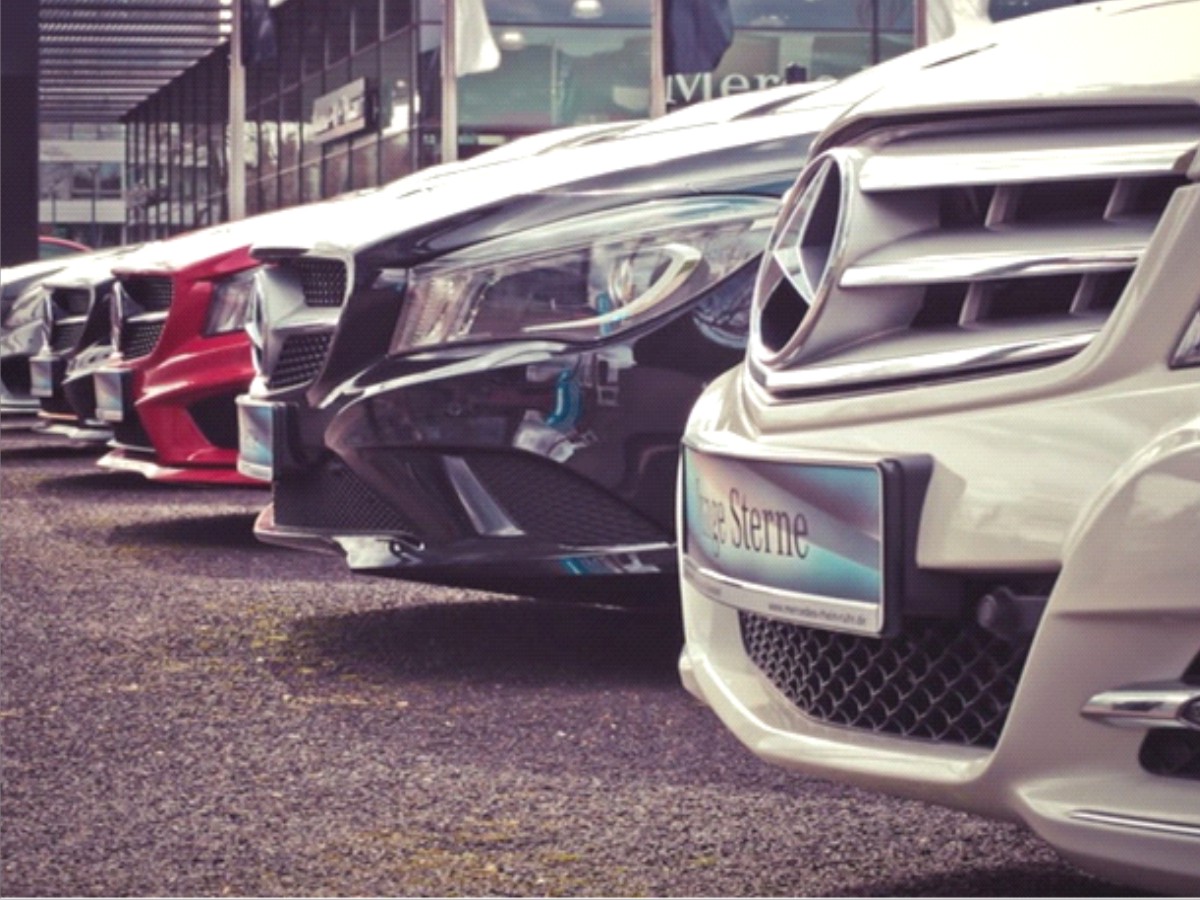Monday to Saturday - 8:00 -17:30


Imported cars are everywhere in Nigeria. From Lagos to Abuja, more car owners are turning to foreign-used vehicles because they often offer better quality, comfort, and features for the price. But buying one is not just about picking a nice-looking ride with a shiny dashboard. If you don’t know the Things To Check In Imported cars, you might end up spending more on repairs than on the car itself.
This 2025 guide walks you through the top Things To Check In Imported Cars before you put down your hard-earned money. Whether you’re buying from a dealership, an auction agent, or a car importer at Berger, here’s what you need to know.
Why Checks Matter for Nigerians
Before we dive deep into the checklist, here’s one name you need to know for post-purchase peace of mind: OttoXpress. Whether you’re buying your first imported car or your fifth, OttoXpress helps Nigerian drivers keep their vehicles in top condition. From professional diagnostics to repairs and servicing, they’ve got your back. With centers in Surulere, Ikoyi, and Western Avenue, they’ve become the go-to service hub for imported cars in Lagos.
Post-COVID, post-Brexit, and with naira fluctuations, imported car buying in Nigeria has changed. While prices have risen, demand hasn’t dropped. Unfortunately, so have scams and poorly maintained vehicles. Many Nigerians have unknowingly bought accidented, flood-damaged, or tampered-with cars.
That’s why these Things To Check In Imported Cars are essential. You’re not just protecting your money — you’re ensuring your safety, avoiding legal drama with Customs, and making sure you won’t get stuck in traffic with a faulty engine.
Top 10 Things To Check In Imported Cars
These are the non-negotiables when it comes to buying an imported car in Nigeria. From the engine to the paperwork, each point below could save you thousands of naira in unexpected repairs or legal issues. If you ever feel overwhelmed, remember: you can always bring your car to OttoXpress for a professional inspection before or after your purchase. Their expert eyes will help you spot what you might miss.
Here 10 Things To Check In Imported Cars;
1. Engine Condition
Check for leaks, burnt oil smell, radiator issues, or strange noises. Open the bonnet, look for dark stains, and always rev the engine. If unsure, get a trusted mechanic.
2. Vehicle Lights
All lights must work – headlights, brake lights, indicators, interior lights. Even one missing bulb can be a red flag that the car was neglected.
3. Fluid Levels and Leaks
Oil, coolant, brake fluid, transmission fluid – check them all. Low levels or dirty fluids could point to long-term neglect or leaks.
4. Mileage Verification
Odometer fraud is real. If a 2007 car shows 30,000 miles, be suspicious. Match the mileage with interior wear and service records.
5. Tire and Wheel Condition
Check for worn-out tires, uneven tread, or mismatched brands. Damaged wheels or bent rims often come from shipping or accident impacts.
6. Cabin Interior
Make sure the AC works, the seats adjust properly, the dashboard lights function, and no warning lights are flashing. Also check airbags.
7. Braking System
Test drive the car. Listen for grinding. Check that the brake pedal is responsive. Faulty brakes are a no-go.
8. Suspension and Axles
Bounce the car. Feel for vibrations or knocking sounds. If it wobbles, you could be looking at costly suspension fixes.
9. Body and Paint
Look out for repainted sections, uneven lines, or signs of rust. Also inspect underneath the car for signs of water damage (flood car alert).
10. Car Documents
Verify Customs Duty payment, VIN check, original title, and whether the car was auctioned, salvaged, or accidented. Don’t rely on seller talk — demand proof.
Where Nigerians Often Get It Wrong
Too many buyers skip the mechanic check or assume documents are legit. Don’t do that. These Things To Check In Imported Cars are not just suggestions — they’re your defence. Also beware of sellers who rush you with statements like “customer dey come collect am tomorrow.”
Bonus Tips
- Use VIN Check Websites like AutoCheck or Carfax before buying.
- Cross-check Auction Pictures from Copart or IAAI if available.
- Check the Manufacture Date on tires and parts. It tells you a lot.
- Avoid Cars with Unknown History – if it sounds too good to be true, it usually is.
- Get a Trusted Mechanic or Import Expert involved.
What About After Purchase?
Once you’ve checked all Things To Check In Imported Cars and made your decision, your work isn’t done. Schedule a full service. Go to professionals like OttoXpress in Lagos who understand the quirks of imported cars. They’ll handle everything from oil changes to brake pad swaps and diagnostics.
OttoXpress has serviced thousands of imported vehicles from the U.S., Canada, and UAE. With locations in Surulere, Ikoyi, and Western Avenue, you can book fast and affordable repairs after purchase.
Final Word
Imported cars can be amazing deals, but only if you know what you’re doing. The Things To Check In Imported Cars aren’t optional — they’re the only way to avoid hidden problems, stay compliant with Nigerian Customs, and drive confidently.
So before you buy, inspect. Before you believe, verify. Before you pay, confirm. Because once you drive off, it’s all on you.
Need help with post-purchase inspections or servicing? OttoXpress is just a call away.
